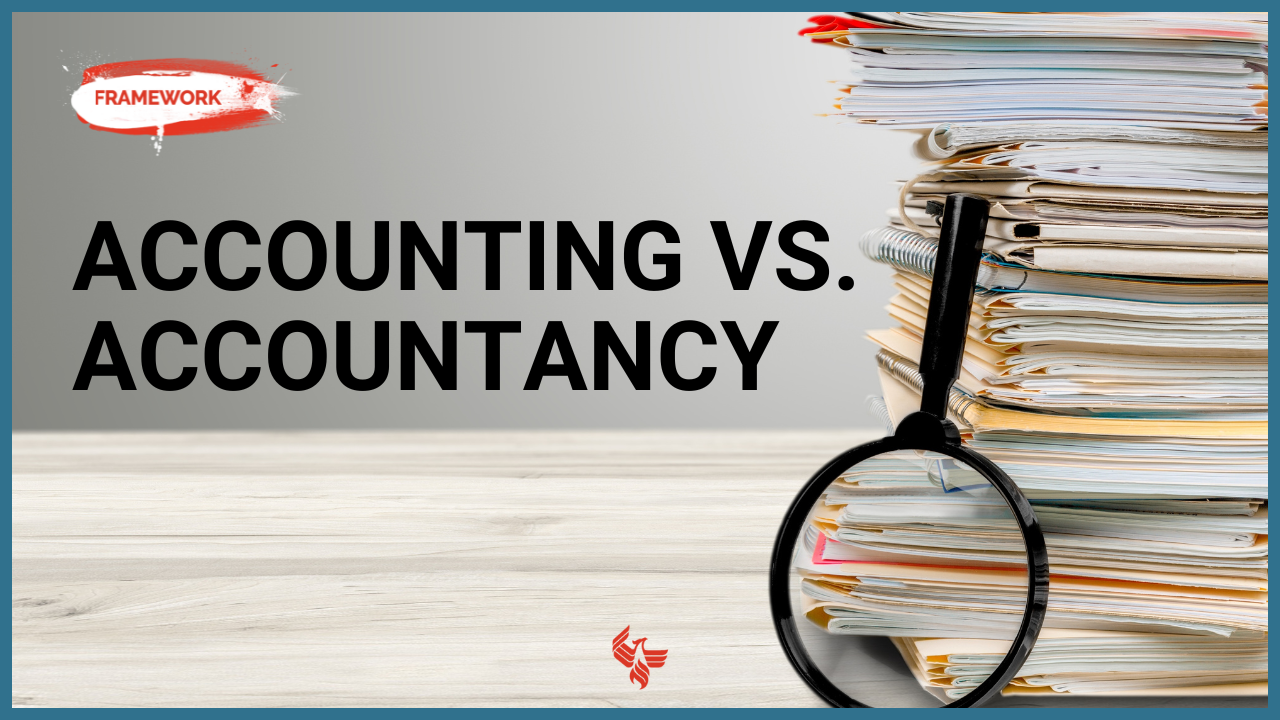Articles > Accounting > How to become a cost accountant
How to become a cost accountant

Written by Michael Feder

Reviewed by Kathryn Uhles, MIS, MSP, Dean, College of Business and IT

Cost accounting refers to the management of expenses that come with operating a company, such as managing budgets and evaluating financial performance to increase profits. Professionals in this role primarily work with internal parties — meaning other departments within an organization — to track, manage and reduce costs. They set standard costs of business processes like shipping, production, labor and more. Let's look more closely at cost accountants and how to become one.
How are cost accountants categorized?
A cost accountant is just one of many finance jobs that can align with an accounting degree. Cost accounting professionals work in a variety of industries and companies of all sizes. Almost every organization, from health service providers to online retailers, needs this type of accountant.
These accountants are typically private accountants, which means they work with businesses, whereas public accountants provide auditing, tax, advisory and consulting services to private, public or governmental agencies.
What does a cost accountant do?
A cost accountant, also known as a management accountant, tracks finances related to running a business. These line items range from static expenses, like rent payments for a warehouse, to dynamic expenses, like the price of packages used for shipping orders. These professionals are similar to bookkeepers. The main difference is that a bookkeeper also looks at income and generates balance sheets. Here are a few day-to-day tasks:
- Track and organize expenses. Ensure all expenses are listed and sorted into categories.
- Develop budgets. Help departments submit budget requests for additional supplies or resources.
- Identify savings opportunities. Prevent overspending.
- Assist with pricing. Estimate what the company needs to turn a profit.
- Work with senior leadership. Provide insights to management so they can make better decisions.
Accounting can become more stressful toward the end of the fiscal year or the end of each fiscal quarter, when departments review their budgets and present plans for the coming months. These professionals may use specific costing methods to aid in their work
Skills needed to be a cost accountant
Every professional uses both hard and soft skills in the modern workplace. Hard skills are specific to the role and can be taught and evaluated — like creating formulas in a spreadsheet. Soft skills are harder to teach and are often characteristics of various employees. These skills can be used across different positions and levels in the company.
Here are a few necessary hard skills:
- Data analysis
- Spreadsheet development
- Reconciliation
- Advanced math
- Forecasting
Here are a few of the necessary soft skills:
- Organization
- Attention to detail
- Communication
- Problem-solving
- Critical thinking
For example, a cost accountant might notice that one department’s expenses are increasing unexpectedly. They use critical thinking to create a hypothesis about why this is and then use data analysis to confirm their theory. They then communicate their findings and help that department find solutions to lower its costs.
Cost accounting hard skills can be learned through formal education or formal on-the-job training. Soft skills take more time to develop and require constant practice.
The path to become a cost accountant
Whether new to the workforce or looking to make a career change, individuals can take steps to take on this role. In several ways, cost accounting is similar to the roles and responsibilities of accountants or auditors; those looking to begin a career in cost accounting should consider the following:
- Pursue higher education. According to the U.S. Bureau of Labor Statistics (BLS), accountants and auditors typically need either a bachelor’s degree in accounting or a related field, like finance or business administration. Some employers require a master’s degree.
- Start with entry-level positions. Some employers require relevant accounting experience to qualify for a job. Often, these positions require company knowledge, such as budgets and performance. Starting out a career by working within a larger accounting department helps develop skills and experience and learn more about the company’s costs, expenses and profits.
- Grow skills and knowledge. Learn more about the company and boost knowledge of accounting practices.
- Work to move up. The necessary education and accounting experience candidates can apply for more advanced positions.
For someone who is ready to return to school to pursue cost accounting, there are a few degrees to consider. Here are a few options that can teach the hard and soft skills needed:
- Bachelor of Science in Accounting: Accounting is the main focus of this program and should prepare candidates for at least an entry-level position.
- Bachelor of Science in Business: While this degree isn’t accounting-specific, it can help students understand how companies are run. This degree should also have some accounting courses that can give a foundational education.
- Master of Business Administration: This advanced degree is for people who are already working in accounting. This degree prepares students to enter a leadership role and can teach advanced skills based on career goals.
Students don’t have to rush into a degree unless they are certain that it will support career goals. For example, consider whether an accounting degree or a finance degree teaches the appropriate skills to land a desired job.
What is a cost accountant’s salary?
Salaries for accounting and auditor roles vary depending on where they work, their experience levels and their seniority. However, as of May 2024, accounts and auditors earned between $52,780 and $141,420, with a median wage of $81,680, according to BLS. Cost accounting can be categorized as a type of accountant and may be able to enjoy similar earnings.
While accounting salaries have grown over the years, their future growth trajectory is unclear. Artificial intelligence and machine learning are growing in complexity, and, in time, this technology might be able to take on more accounting tasks. Effective accountants can increase their value — and thus their salaries — by taking on more strategic planning and analysis roles while letting AI technology take over basic data collection and rote work elements.
Salary ranges are not specific to students or graduates of University of Phoenix. Actual outcomes vary based on multiple factors, including prior work experience, geographic location and other factors specific to the individual. University of Phoenix does not guarantee employment, salary level or career advancement. BLS data is geographically based. Information for a specific state/city can be researched on the BLS website.
What is the job outlook for cost accountants?
Employment of accountants and auditors is projected to grow 6 percent from 2023 to 2033, faster than the average for all occupations. About 130,800 openings for accountants and auditors are projected each year, on average, over the decade. This is good news for future accounting professionals who want to grow their careers.
While AI is often perceived as a threat to accountants, it is also an opportunity. Those who embrace the latest software tools and tech will be able to enter more positions that already have tech-based systems in place. Tech-friendly accountants can also modernize companies that still rely on spreadsheets to balance their books.
BLS Occupational Employment Projections, 2022-2032 is published by the U.S. Bureau of Labor Statistics. This data reflects BLS’ projections of national (not local) conditions. These data points are not specific to University of Phoenix students or graduates.
Learn more about online programs to become a cost accountant
If you’re interested in becoming a cost accountant, University of Phoenix offers online business programs, including an online accounting bachelor degree, a bachelor of science in accounting with an associate of arts with a concentration in business fundamentals degree, a bachelor's degree in business, and an MBA degree online.
Contact University of Phoenix for more information.
Watch Accountancy vs. Accounting: What’s the Real Difference?

ABOUT THE AUTHOR
A graduate of Johns Hopkins University and its Writing Seminars program and winner of the Stephen A. Dixon Literary Prize, Michael Feder brings an eye for detail and a passion for research to every article he writes. His academic and professional background includes experience in marketing, content development, script writing and SEO. Today, he works as a multimedia specialist at University of Phoenix where he covers a variety of topics ranging from healthcare to IT.

ABOUT THE REVIEWER
Currently Dean of the College of Business and Information Technology, Kathryn Uhles has served University of Phoenix in a variety of roles since 2006. Prior to joining University of Phoenix, Kathryn taught fifth grade to underprivileged youth in Phoenix.
This article has been vetted by University of Phoenix's editorial advisory committee.
Read more about our editorial process.



Free Business Programs Guide
Make informed decisions with inside details about our business programs, the skills you’ll earn, the faculty who’ll teach you and more.
Thanks for requesting the Business Programs Guide
Download PDF now. Or access the link in our email.



